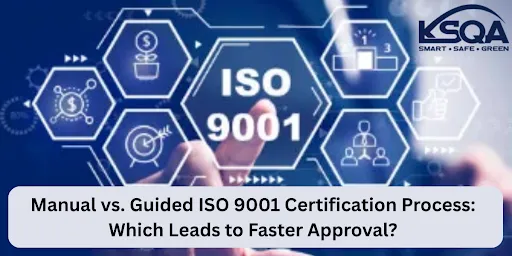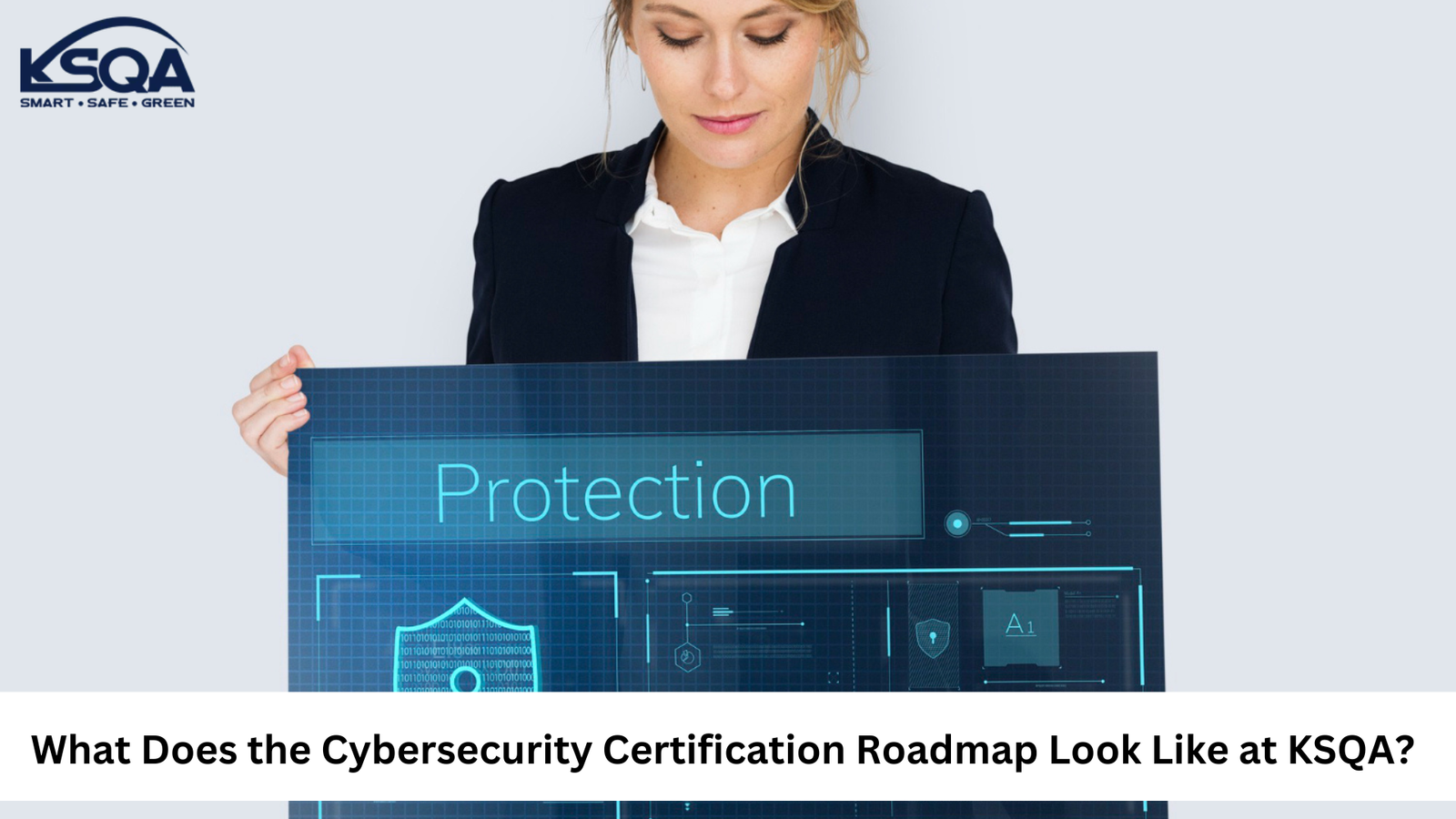Achieving certification involves a structured process. Each step requires careful planning and understanding. This section outlines the critical phases and provides insights into what small businesses can expect.
The journey to auditor certification begins with a thorough understanding of the ISO 9001 standards, which set the criteria for quality management systems. This knowledge forms the foundation of the certification process.
Following this, a series of steps, including training, selecting a certification body, conducting pre-assessments, undergoing the certification audit, and maintaining the certification through continuous improvement and regular audits, are essential.
This roadmap not only prepares individuals for the certification audit but also ensures they are equipped to maintain high standards in quality management over time.
Here is how auditor can help you with certification:
Understanding ISO 9001 Standards
ISO 9001 sets the criteria for quality management systems. It's important to grasp these standards before proceeding. They cover various aspects, including customer focus and process improvement. Familiarizing yourself with these standards is the first step. This knowledge helps in setting the right direction for your certification journey.
Initial Training and Education
Before pursuing certification, training is essential. Courses on ISO 9001 standards provide the necessary knowledge. Many organizations offer these training programs. Investing in this education ensures a solid foundation. Training equips your team with the skills to implement quality management practices effectively.
Selecting a Certification Body
Choosing the right certification body is crucial. Look for accredited organizations. These bodies will conduct the audit and grant certification. Ensure they have a good reputation and offer reasonable rates. A reputable certification body adds credibility to your certification and provides valuable insights.
Conducting a Pre-Assessment
A pre-assessment helps identify gaps in your current processes. It’s like a trial run before the actual audit. This step allows you to make necessary improvements. Addressing these issues early can save time and money. It also boosts your confidence during the final audit.
The Certification Audit
The certification audit is the main evaluation. Auditors will review your quality management system. They will check for compliance with ISO 9001 standards. Passing this audit is necessary to achieve certification. The audit involves thorough checking, so being well-prepared is key.
Post-Audit Review
After the certification audit, a post-audit review is conducted. This review identifies any minor non-conformities. It provides an opportunity to correct them promptly. Addressing these issues quickly ensures smooth certification.
Continuous Improvement
Continuous improvement is vital for maintaining certification. Regularly update your processes based on audit findings. Implement new quality initiatives. Continuous improvement helps keep your quality management system effective and compliant.
Maintaining Certification
Certification isn’t a one-time event. It requires ongoing maintenance. Regular audits and continuous improvement are part of this process. Staying compliant ensures the certification remains valid. Continuous improvement not only maintains your certification but also enhances your business processes over time.
Perform a practice audit to identify any gaps before the official audit. During the certification audit, auditors will thoroughly review your quality management system against the standards. If you pass, maintain your certification through regular audits and continuous improvement of your processes over time.
While it takes effort, ISO 9001 auditor certification shows your expertise in helping businesses implement effective quality management practices.
How To Get ISO Certification for Small Businesses
Achieving ISO certification for small businesses involves specific steps. Following these steps can streamline the process. Here’s a straightforward guide:
Understand the Requirements
Review the ISO 9001 standards.
Identify how these standards apply to your business.
Determine if any changes are needed in your processes.
Understanding requirements helps in precise planning.
Training and Education
Enroll in ISO 9001 training courses.
Educate your team about the standards.
Use this training to build a solid foundation.
Training ensures everyone is on the same page.
Implement Changes
Apply the required changes to your business processes.
Document these changes.
Ensure all team members understand their roles.
Implementation is a critical step towards compliance.
Conduct Internal Audits
Perform internal audits to assess compliance.
Identify any areas needing improvement.
Make necessary adjustments.
Internal audits prepare you for the final certification audit.
Select a Certification Body
Choose an accredited certification body.
Schedule the certification audit.
Prepare for the audit based on their guidelines.
Selection of the right body ensures a smooth audit process.
Document Management System
Establish a document management system.
Organize all necessary documents and records.
Ensure easy accessibility and regular updates.
A robust system ensures all documentation is up-to-date and compliant with ISO requirements.
Continuous Improvement
Foster a culture of continuous improvement.
Regularly review and update processes and procedures.
Engage team members in identifying improvement areas.
Continuous improvement helps maintain ISO standards over time.
Certification Maintenance
Schedule periodic audits with the certification body.
Address any non-conformities promptly.
Keep up with changes in ISO standards.
Maintenance ensures ongoing compliance and the retention of certification.
Following these steps will help your small business achieve ISO certification smoothly. It’s a process that requires dedication but brings significant benefits in terms of quality and customer trust.
Conclusion
Achieving ISO 9001 auditor certification for small businesses involves clear steps. From choosing the right certification body to conducting a pre-assessment are crucial steps. The certification audit is the final hurdle. Thus, maintaining the certification ensures continuous compliance.
By following these guidelines, small businesses can achieve certification efficiently and effectively. This journey not only improves quality but also boosts customer confidence. So, are you ready to become the superhero of quality management? Embrace the process, and let ISO 9001 certification be your cape!
Learn how your small company can benefit from ISO certification with an expert from KSQA! The tactic of our experts is that they assist small business organizations to file their certifications and guarantee compliance success for such organizations. You can always turn to us for help!

.jpg)

.jpg)

.jpg)

